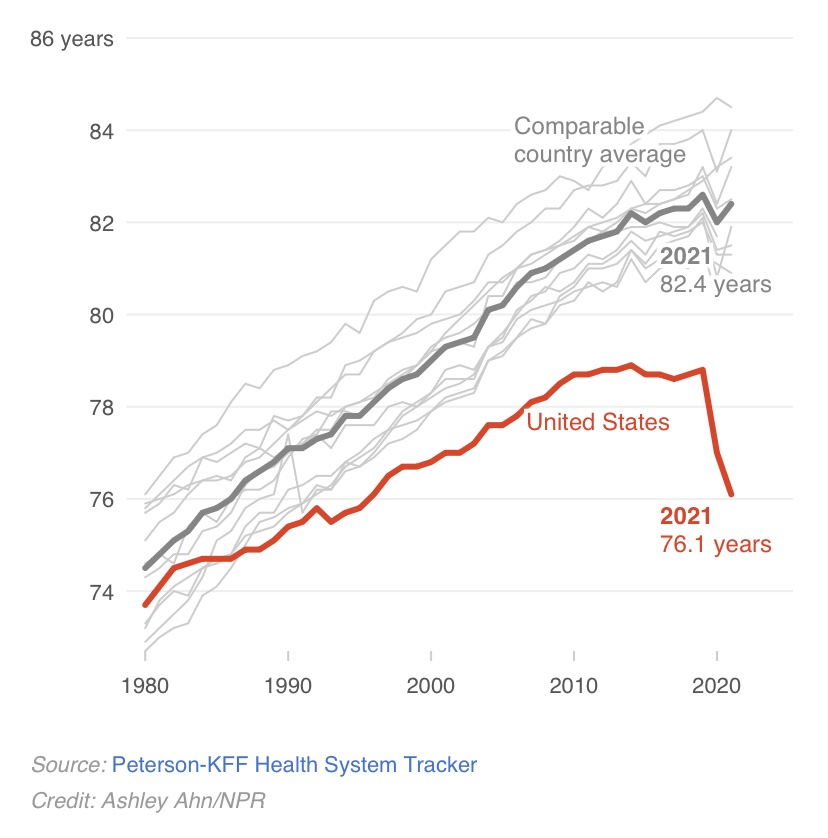
We are honored to welcome Dr. Holly Swartz, Prof of Psychiatry at @PittPsychiatry & Editor-in-Chief of American Journal of Psychotherapy (@APA_Publishing) to @uwsmph @UWHealth Psychiatry Grand Rounds to discuss:
"Psychosocial Interventions for #Bipolar Disorder"
#PsychTwitter
"Psychosocial Interventions for #Bipolar Disorder"
#PsychTwitter

Network meta-analysis indicated that psychotherapy, including CBT, family focused therapy, and interpersonal & social rhythm therapy (IPSRT), are effective interventions for bipolar depression and for prevention of recurrence of bipolar disorder.
ncbi.nlm.nih.gov/pmc/articles/P…
ncbi.nlm.nih.gov/pmc/articles/P…

Core strategies of bipolar-specific psychotherapies (cognitive therapy, family therapy, interpersonal & social rhythm therapy, psychoeducation & integrated care management): 

Pilot study suggests effectiveness and acceptability of web-based social rhythm therapy in bipolar disorder (RAY = Rhythms Are You) with a "clinical helper":
ncbi.nlm.nih.gov/pmc/articles/P…
ncbi.nlm.nih.gov/pmc/articles/P…
Online training for interpersonal & social rhythm therapy is here: ipsrt.org/training
• • •
Missing some Tweet in this thread? You can try to
force a refresh







